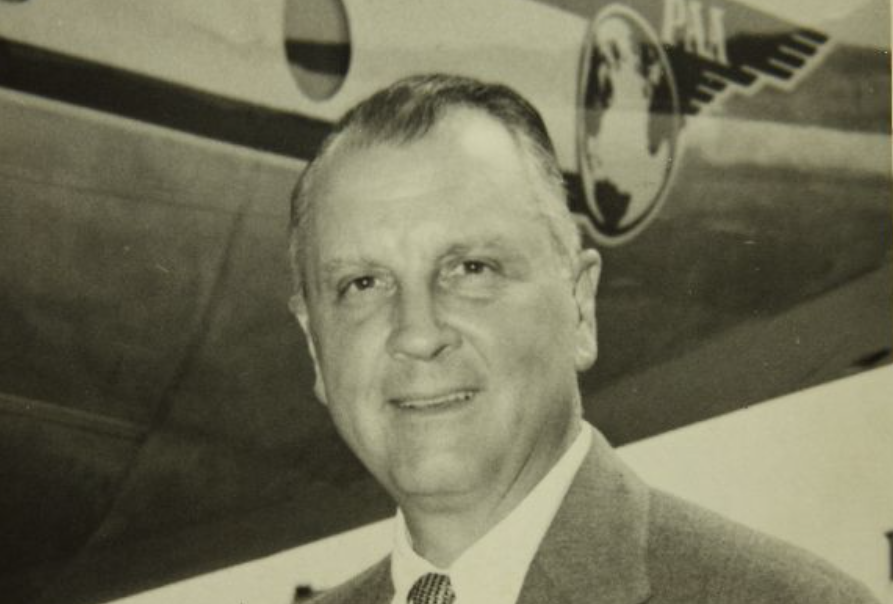The random convergence of having some spare time on my hands coupled with an equally random spin around the Netflix “you might also like” feature brought me into contact with an old PBS documentary about a very special man in the history of commercial aviation: Juan Trippe.
Trippe was the man who founded Pan Am airlines. Now, sadly, Pan Am has gone the way of the dodo, but in its day it was the premier American airline company and Trippe was a visionary, a man who revolutionized air travel in the 1930s.
Because it’s common now to see a rocket booster land via remote control on a postage-stamp-sized floating platform in the middle of the Atlantic Ocean, it is easy to forget that, as late as the first third of the 20th century, traveling by air across the ocean was an impossible dream.
But with the help of aviation and electronic pioneers, Trippe built a fleet of massive “flying boats” and established the first air service to cross any ocean. At first it was the Pacific, then, when the geo-political landscape shifted, the Atlantic. When World War II ended, in the advent of jet propulsion, Trippe was once again on the cutting edge of international travel. What the documentary makes clear was not only Trippe’s tremendous success, but his absolute resolve through many failures on his way to getting there.
Trippe was a guy who did not take it well when told something couldn’t be done. And watching this documentary, I felt inspired. The world really turns on people like this, who did not “know better.”
George Washington didn’t “know” you couldn’t take a freezing and starving army by boats across a frozen river on Christmas Eve and win a battle. Scientists were convinced Louis Pasteur was crazy to suggest you could vaccinate against disease by using the disease itself as the mechanism for its own defeat. Davy Crockett, Jim Bowie, and Colonel William Travis thought they could hold on at the Alamo. They were misinformed.
The point is that nothing of any value happens without a certain sense of faith. It doesn’t guarantee success by any stretch, but success never really comes to someone without it. Even if someone like Trippe wasn’t approaching his revolutionary cross-ocean flight idea in the religious context of faith, he did use the same principles that Jesus tells us over and over in Scripture. If Trippe was “afraid,” he didn’t show it much. And we are not supposed to be afraid either, or to fixate on what might or might not happen if we step outside our comfort zones, spiritually or otherwise.
Based on the description of him in the documentary, Trippe didn’t worry much about tomorrow, in much the same way as we are instructed to view it in Scripture: “Therefore, do not worry about tomorrow, for tomorrow will worry about itself. Each day has enough trouble of its own” (Matthew 6:34).
We are to constantly put our trust in God, have faith, and be not afraid. And we are such cowards.
Just a couple of Sundays ago we heard about the success the prophet Jonah had with the stubborn people of Nineveh. We didn’t get the full story, though. When God came to Jonah, he balked at the idea. It was only after his encounter with a large sea creature with a hankering for prophet meat that Jonah saw the “light” and finally made his way to Nineveh.
Obviously, Jonah, when first commissioned, fixated on all those “tomorrows” and what they might or might not bring. He was petrified, and when he finally came to a decision to act it was to flee.
We are all Jonahs at one time or another. We are fearful of the unknown and we so easily forget all those guarantees God gives us that he will be with us always. Although he may not always give us what we want, he always gives us what we need. Jonah would have saved himself a lot of trouble if he, like Trippe, had just let tomorrow be.
And we, the inheritors of the Jonah defect, would be well-served to trust in God. Sometimes it requires us to freely step off that gangplank, rather than be tossed overboard like Jonah. But the result may surprise us all.

